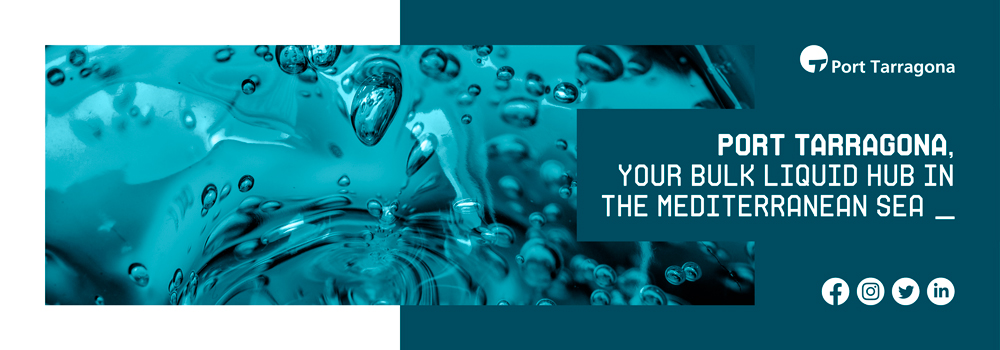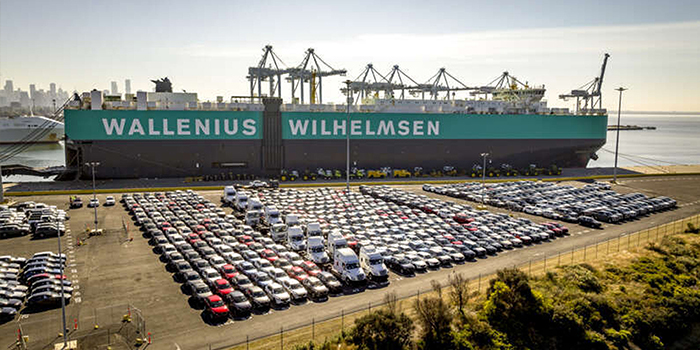Wallenius Wilhelmsen elaborates on fuelling a decarbonised future
Wallenius Wilhelmsen continues its journey towards net zero emissions in collaboration with partners and customers, with the incorporation of its Reduced Carbon Service into the majority of its new contracts. The introduction of biofuel across its fleet represents a significant stride towards reducing emissions compared to traditional bunker fuels, thus offering verifiable emission reductions for customers.
Selecting the appropriate fuel
To meet customer targets, comply with evolving regulations, and achieve its own ambitious goal of becoming net zero by 2040, Wallenius Wilhelmsen is transitioning to alternative, low-carbon fuel sources. The biofuel blends being integrated into the fuel mix serve as reduced carbon energy sources, are compatible with current combustion engines and require no vessel modifications.
The biofuel blends primarily derive from used cooking oil, with no utilisation of biofuel sourced from palm oil or its derivatives. Initially, Wallenius Wilhelmsen will incorporate biofuels into existing vessels to provide customers with shipping services boasting a reduced carbon footprint. By 2024, over 10 percent of its total fuel consumption will be replaced by biofuel blends, with the majority being a B30 blend, resulting in emission savings of approximately 25 percent compared to conventional fuels.
Striking the right balance
Due to the limited availability of low carbon fuels worldwide, Wallenius Wilhelmsen has devised its Reduced Carbon Service based on a mass-balance principle within its network. This entails bunkering biofuel on its vessels, primarily in Europe or Asia, while extending the benefits of a reduced carbon service to customers globally.
The methodology employed involves recording emission savings achieved by substituting conventional fuel with a biofuel blend in the company’s internal Emission Bank through a process known as ‘insetting’. Customers purchasing the Reduced Carbon Service receive a declaration, verified by an independent third party, outlining their reduction in scope 3 emissions.
Adapting to evolving market conditions
The integration of biofuels marks the initial phase of Wallenius Wilhelmsen’s foray into low-carbon fuels, with plans to introduce green methanol upon the delivery of its Shaper Class vessels in 2026–2027. These vessels are designed to operate on near zero carbon fuels, aligning with the company’s net zero 2040 emission objectives.
Regulatory and industry developments driving change
Wallenius Wilhelmsen’s fuel strategy aligns with regulatory policies and customer demands aimed at reducing greenhouse gas emissions. Collaborating with regulatory bodies such as the International Maritime Organisation and the European Union enables the company to shape the future of net zero deep-sea shipping.
Regulations such as the IMO’s carbon intensity regulation and the EU ETS, along with forthcoming regulations like the FuelEU Maritime regulation, underscore the shift towards low carbon fuels in the maritime industry. Wallenius Wilhelmsen’s proactive approach towards compliance and emission reduction aligns with its commitment to sustainable shipping practices.
For more information visit www.walleniuswilhelmsen.com
17 April 2024

















